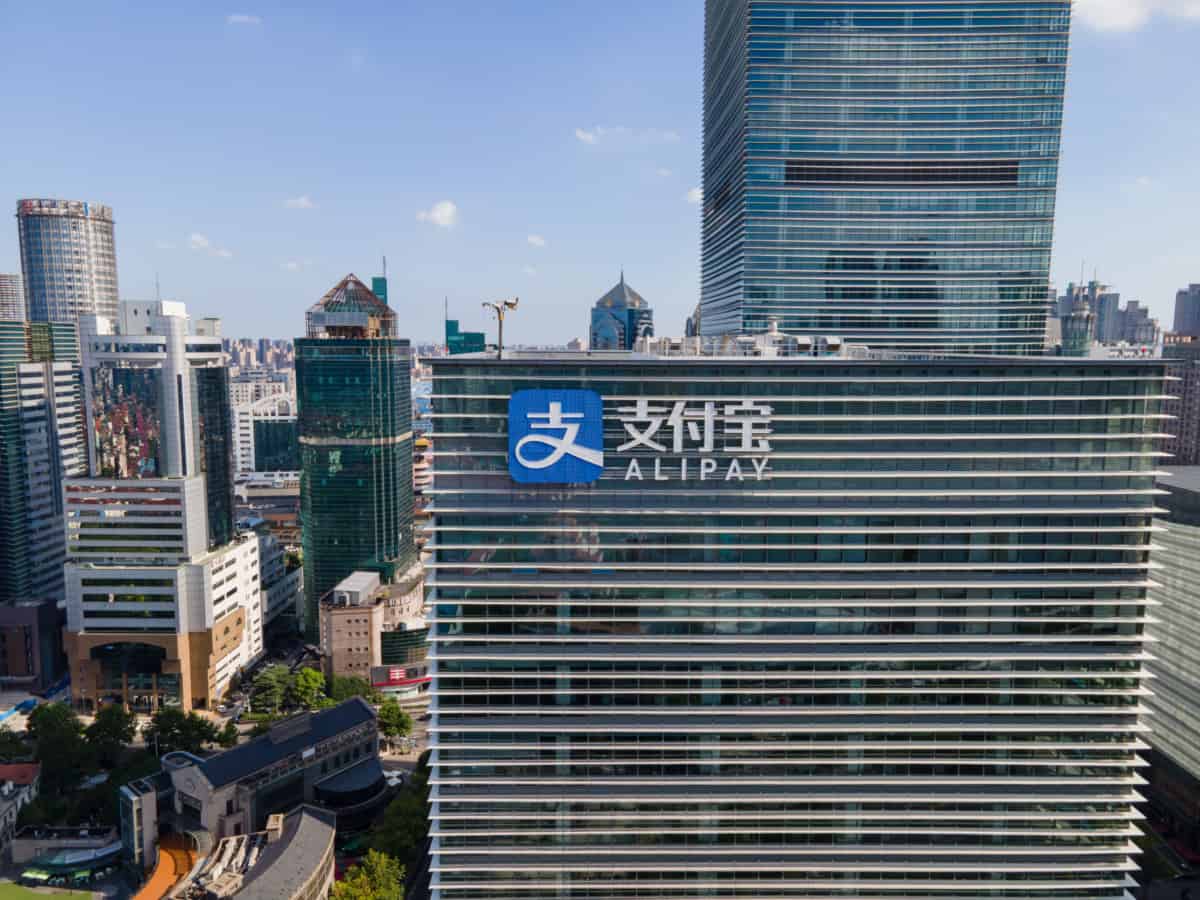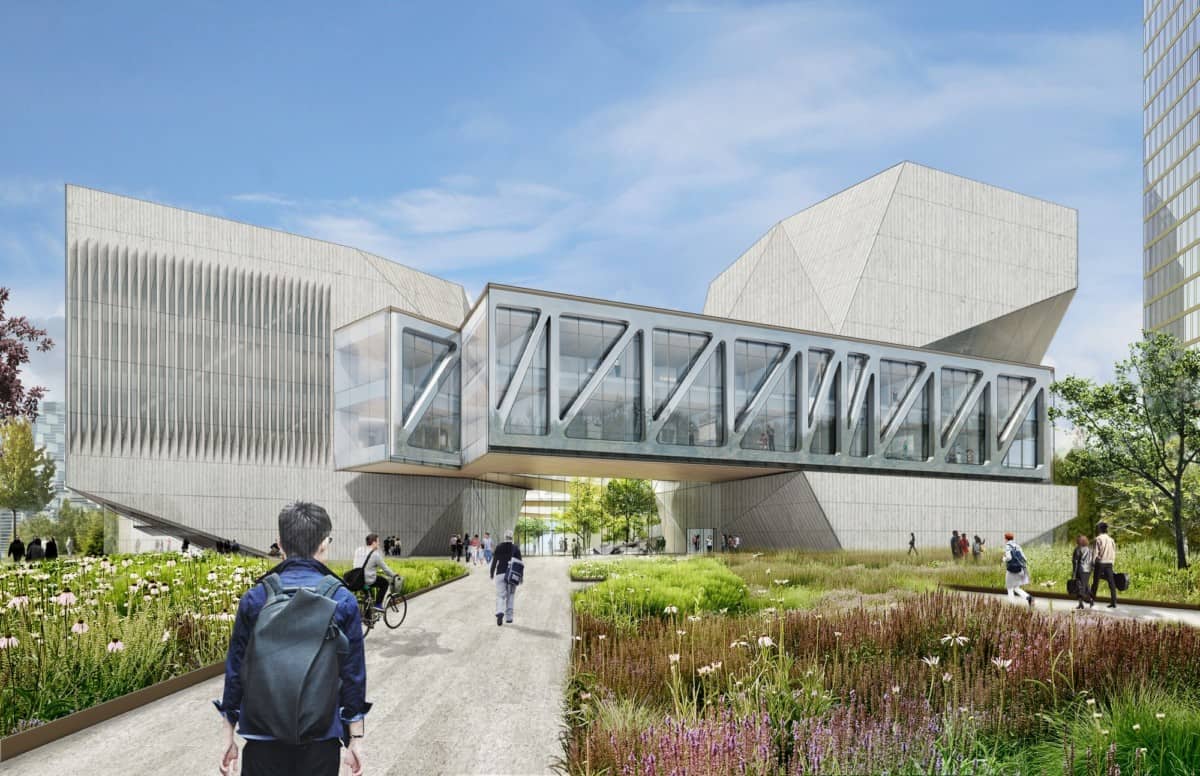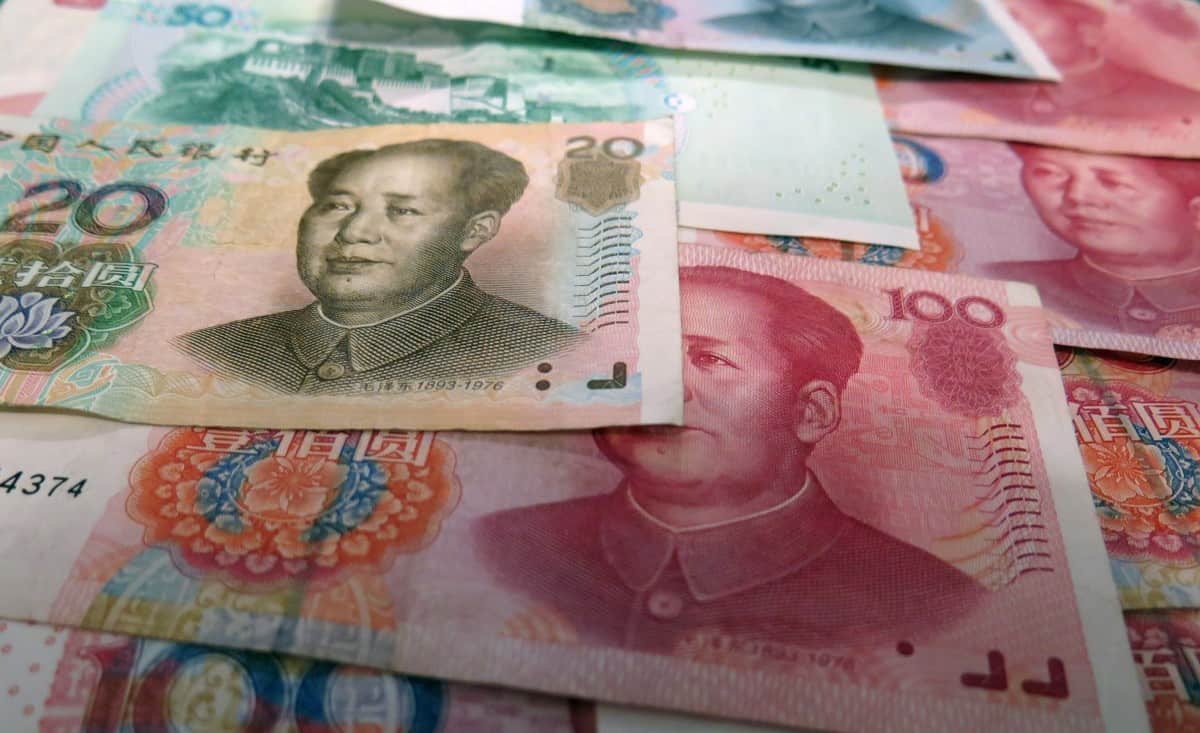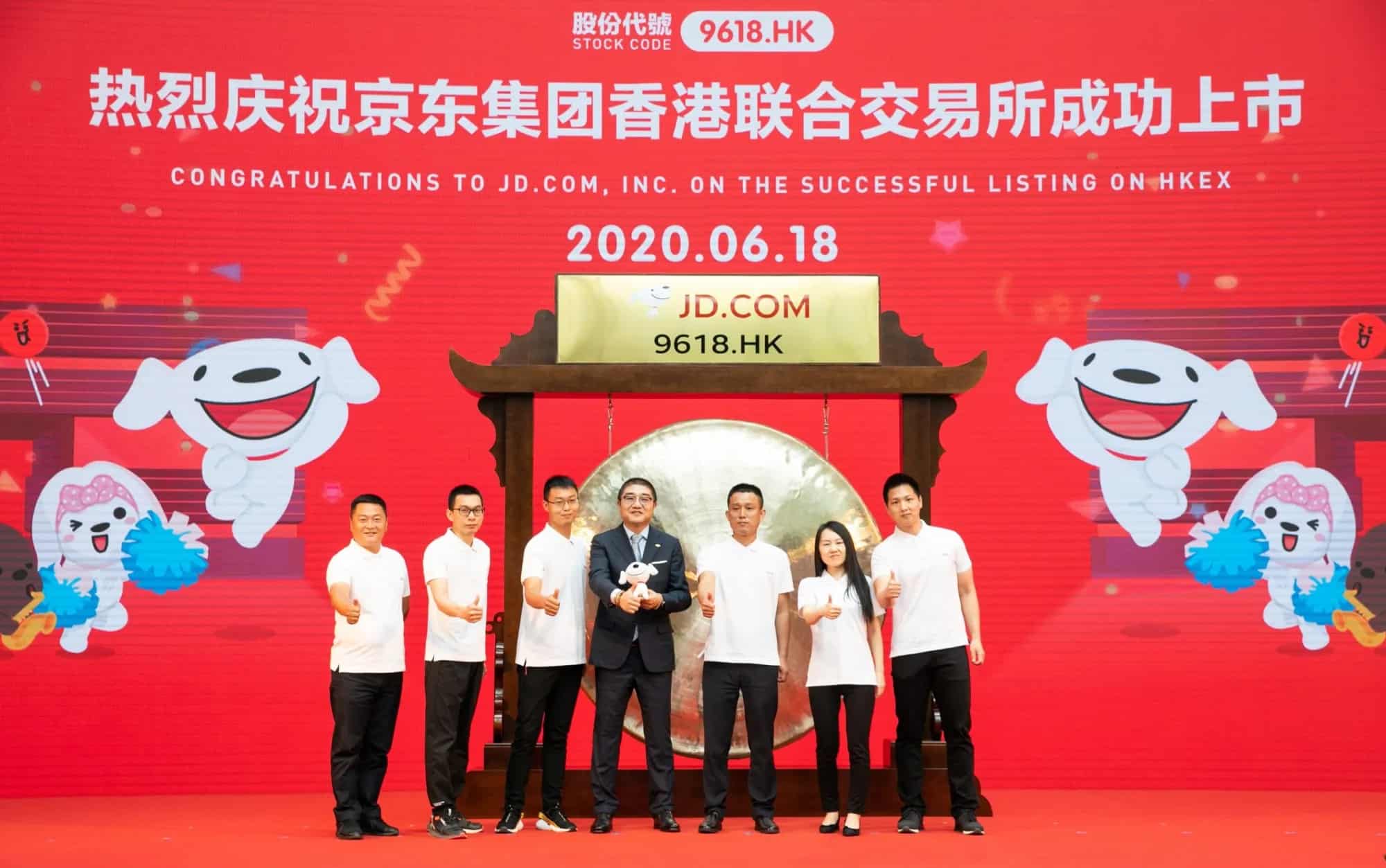Good evening. We’ve been keeping a secret: The Wire magazine is just one half of our operation here. We also have an incredibly talented data team, called the Wire Screen, that has been hard at work mapping China’s business landscape. Given the webs of connections, shell companies, and state-owned enterprises, this is no small feat, and, frankly, what they have is a treasure trove.

With their help, we will be breaking news and providing exclusive insights in the months to come, but we’re starting with this week’s Big Picture and a peak behind the curtain of Ant Group, which is expected to have the biggest IPO in history soon. If you’re not already a paid subscriber to The Wire, please sign up here.
Want this emailed directly to your inbox? Sign up to receive our free newsletter.

L.A. Confidential
Between 2013 and 2017, L.A. City Councilman José Huizar made at least 20 secret trips aboard private jets to Las Vegas and Australian casinos. Picking up the tabs for his gambling, drinking, spa trips, golf outings, and prostitutes — which, all told, came close to a million dollars — was a Chinese billionaire named Huang Wei, a property developer with two ambitious projects planned for L.A.’s downtown, in Huizar’s district. In this week’s cover story, The Wire‘s David Barboza tells the story of how a group of Chinese developers found their way to Huizar, made over L.A.’s downtown, and caused the city’s biggest corruption scandal in decades.

Credit: Andy Feng, Shutterstock
The Big Picture: Ant Group’s Colony
Ant Group, valued at $150 billion in 2018, is considered one of the world’s most valuable private companies. The company will dual-list on the Hong Kong Stock Exchange and the Shanghai STAR Market this month or next, and its IPO is likely to be the biggest in history, topping the offerings of Saudi Aramco and Ant’s own parent, Alibaba. This week, we take a look at how Ant Group stacks up against global payments and financial companies, who controls the company, and who stands to benefit most from its IPO.
A Q&A With Nirupama Rao

Nirupama Rao is a retired Indian diplomat who has served as India’s Ambassador to China and Ambassador to the United States. In this week’s interview with The Wire’s Eli Binder, she discusses the rising tensions between India and China (which resulted in military clashes this summer) as well as how the “growing cordiality” between the U.S. and India affects China and its ambitions.
Nirupama Rao
Illustration by Lauren Crow

Credit: Diller Scofidio + Renfro
A Baby Step for China’s Mini-Manhattan
Although most international students — not to mention business executives — are currently locked out of China because of the Covid-19 pandemic, students and teachers at Juilliard’s new performing arts school in Tianjin are preparing for their big debut, reports Eli Binder for The Wire. With support from Xi Jinping’s wife — herself a famous singer — Tianjin Juilliard has thrived where other international schools have struggled, and its opening later this month will serve as a cultural anchoring for China’s “mini-Manhattan” ambitions.

China’s Digital Currency Will Rise But Not Rule
Earlier this year, China rolled out a central-bank digital currency, making it one of the first major economies to do so. It seems plausible that the digital renminbi will give China an edge in the competition for global financial-market dominance, especially if it is linked up to China’s existing cross-border payments system. But, as Brookings fellow and Cornell professor Eswar Prasad argues in this op-ed, foreign and domestic investors are still unlikely to view the renminbi as a safe-haven currency in times of global financial turmoil, meaning it will hardly put a dent in the dollar’s status as the dominant global reserve currency.
Subscribe today for unlimited access, starting at only $19 a month.



